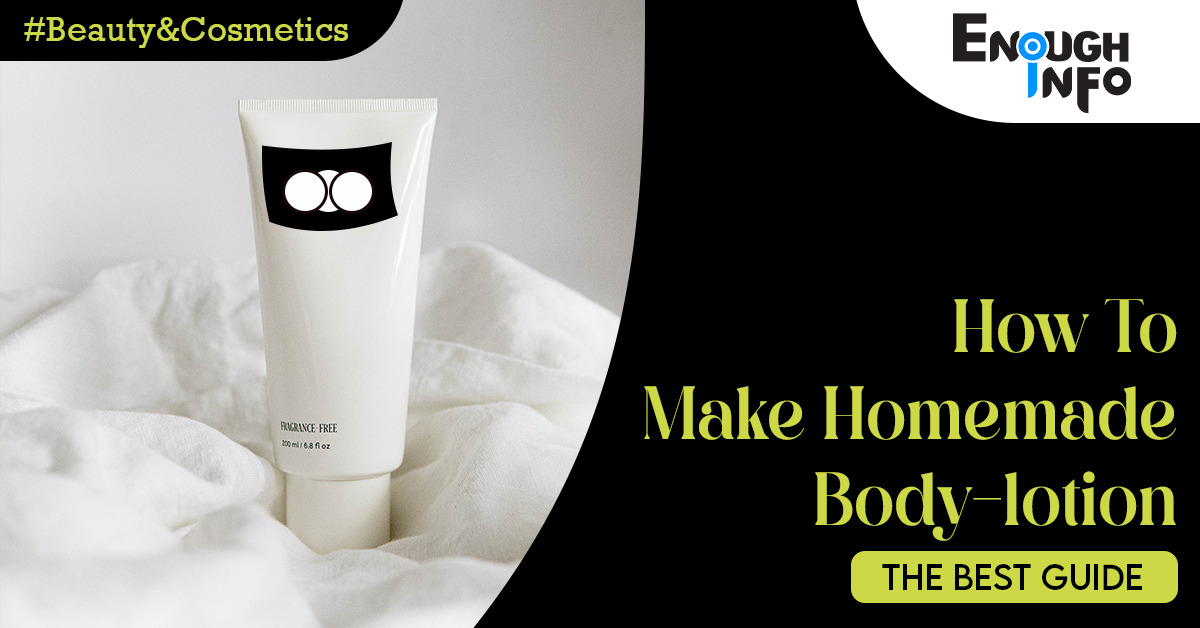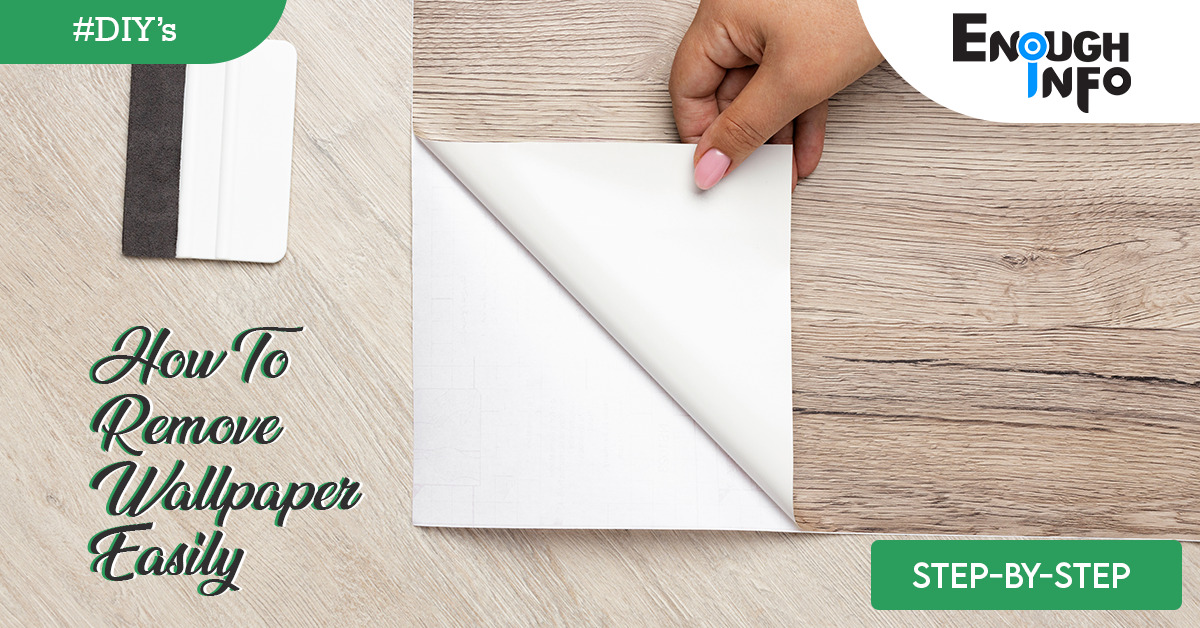How To Make A DIY Face Mask For Dry Skin

How to make a DIY face mask for dry skin – Dry skin can be a challenging condition to manage, as it often leads to discomfort and dullness. Commercial skincare products may provide some relief, but DIY face masks offer a natural and customizable solution to nourish and replenish dry skin. Creating your own face mask empowers you to take control of your skincare routine. You can experiment with different ingredients, adjust formulations based on your skin’s needs, and develop a personalized routine that suits your unique skin requirements.
Making a DIY face mask for dry skin is important because it offers a natural, customizable, and cost-effective solution to hydrate, nourish, and replenish the skin. It promotes self-care, empowers you to take control of your skincare routine, and contributes to overall skin health and well-being.enoughinfo
Read Also: How To Make A DIY Face Mask For Oily Skin
Nourish and Replenish: DIY Face Masks for Dry Skin

In this comprehensive guide, we will explore various DIY face mask recipes using simple ingredients that can be found in your kitchen. With these homemade remedies, you can pamper your skin, enhance hydration, and restore its healthy glow.
Understanding Dry Skin:
- Causes and Symptoms of Dry Skin: Dry skin can result from various factors, including genetics, weather conditions, harsh skincare products, and certain medical conditions. Common symptoms include tightness, flakiness, rough texture, and a lack of natural luster.
- Importance of Hydration and Moisture: Proper hydration and moisture play a crucial role in maintaining healthy skin. Moisture loss can lead to dryness and compromise the skin’s barrier function. DIY face masks provide targeted hydration and nourishment to alleviate dryness and restore the skin’s vitality.
Read Also: How To Make A Homemade Face Mask For Acne
Choosing Ingredients for DIY Face Masks:
- Moisturizing Ingredients for Dry Skin: Opt for ingredients with excellent moisturizing properties, such as honey, glycerin, hyaluronic acid, and aloe vera. These substances help attract and retain moisture, providing much-needed hydration to dry skin.
- Natural Oils and Butters: Incorporate nourishing oils and butters like avocado oil, almond oil, coconut oil, shea butter, and cocoa butter. These ingredients are rich in fatty acids, vitamins, and antioxidants, which help replenish and soften dry skin.
- Soothing and Nourishing Additions: Consider adding ingredients like oatmeal, yogurt, cucumber, rosewater, and green tea to your DIY face masks. These additions have soothing properties and provide extra hydration, helping to alleviate dryness and irritation.
Preparing the Skin:
- Cleansing and Exfoliation: Before applying a face mask, ensure your skin is clean and free of impurities. Use a gentle cleanser to remove dirt and excess oil. Exfoliate lightly to remove dead skin cells, allowing the mask to penetrate more effectively.
- Steam Treatment for Better Absorption: To enhance the mask’s effectiveness, treat your skin to a steam session. Lean over a bowl of hot water, covering your head with a towel to trap the steam. The steam opens up pores, allowing better absorption of the mask’s nutrients.
DIY Face Mask Recipes for Dry Skin:
Avocado and Honey Mask:
- Ingredients: 1 ripe avocado, 1 tablespoon honey, 1 tablespoon plain yogurt.
- Mash the avocado until smooth, then add honey and yogurt. Mix well.
- Apply the mask to your face and leave it on for 15-20 minutes before rinsing with lukewarm water. Avocado nourishes, while honey and yogurt provide hydration and soothe dry skin.
Yogurt and Oatmeal Mask:
- Ingredients: 2 tablespoons plain yogurt, 1 tablespoon oatmeal (ground or powdered).
- Mix yogurt and oatmeal to form a paste.
- Apply the mixture to your face, gently massaging it in circular motions. Leave it on for 15-20 minutes, then rinse with warm water. Yogurt moisturizes, while oatmeal soothes and exfoliates dry skin. How To Know If You Are Depressed( Best Guide)
Banana and Almond Oil Mask:
- Ingredients: 1 ripe banana, 1 tablespoon almond oil, 1 teaspoon honey.
- Mash the banana until smooth, then add almond oil and honey. Mix thoroughly.
- Apply the mask to your face and leave it on for 15-20 minutes before rinsing with lukewarm water. Banana nourishes and hydrates, while almond oil provides deep moisturization.
Aloe Vera and Rosewater Mask:
- Ingredients: 2 tablespoons aloe vera gel, 1 tablespoon rosewater.
- Mix aloe vera gel and rosewater until well combined.
- Apply the mixture to your face and let it sit for 15-20 minutes before rinsing with cool water. Aloe vera hydrates and soothes, while rosewater rejuvenates and adds a natural glow to dry skin. 30 Hobbies That Make You Money
Read Also: How To Make Homemade Face Moisturizer
Application and Usage Tips:
- Patch Test and Allergies: Before applying any DIY face mask, perform a patch test on a small area of your skin to check for any allergic reactions or sensitivity.
- Application Techniques: Using clean hands or a brush, apply the face mask evenly to your face and neck. Avoid the eye area and lips. Relax and allow the mask to work its magic for the recommended time. 30 Ways To Make Money Online And Offline
- Frequency of Use and Storage: Use a DIY face mask 1-2 times per week or as needed. Store any remaining mixture in an airtight container in the refrigerator for up to one week. Discard if any signs of spoilage appear.
Additional Tips for Dry Skin Care:
- Hydration and Water Intake: Drink plenty of water to hydrate your body from within. This helps maintain moisture balance in the skin. Use a humidifier at home to add moisture to the air, especially during dry seasons.
- Gentle Cleansing and Moisturizing Routine: Opt for gentle cleansers and avoid harsh soaps that strip the skin of its natural oils. Follow up with a moisturizer suitable for dry skin, applying it immediately after cleansing to lock in moisture.
- Protection from Environmental Factors: Shield your skin from extreme weather conditions, such as cold winds or excessive sun exposure. Use sunscreen with a high SPF and wear protective clothing, including hats and scarves, to prevent moisture loss. How to make a DIY face mask for dry skin
FAQs & Answers
Q: How often should I use a DIY face mask for dry skin?
A: It is recommended to use a DIY face mask for dry skin 1-2 times per week or as needed. Pay attention to your skin’s response and adjust the frequency accordingly. Overusing face masks can potentially lead to skin irritation.
Q: Can I customize the DIY face mask recipes to suit my preferences?
A: Absolutely! The DIY face mask recipes provided are a starting point, but you can customize them to suit your preferences and skin’s needs. You can add or substitute ingredients that work well for your skin, such as different oils, fruits, or natural extracts.
Q: How long should I leave the DIY face mask on my skin?
A: The recommended time for leaving a DIY face mask on your skin is typically 15-20 minutes. However, always refer to the specific instructions provided with each face mask recipe. Avoid leaving the mask on for too long, as it may lead to dryness or irritation.
Q: Can I store the leftover DIY face mask mixture for future use?
A: Yes, you can store any leftover DIY face mask mixture in an airtight container in the refrigerator for up to one week. However, discard the mixture if you notice any changes in texture, odor, or signs of spoilage.
Q: Are there any precautions I should take before using a DIY face mask for dry skin?
A: It is recommended to perform a patch test before using any new face mask to check for allergic reactions or skin sensitivity. Apply a small amount of the mixture on a small area of your skin and wait for 24 hours to observe any adverse reactions.
Read Also: How To Make A Homemade Face Scrub
Q: Can I use these DIY face masks for other skin types?
A: The DIY face masks provided in this article are specifically tailored for dry skin. However, many of the ingredients used, such as aloe vera and oatmeal, can be beneficial for other skin types as well. Adjust the ingredients and proportions to suit your specific skin type and concerns. How To Clean Silverware (Guide To Shining Brilliance)
Q: Can I use a DIY face mask if I have sensitive skin?
A: DIY face masks can be suitable for sensitive skin, but it’s important to be cautious. Avoid ingredients that may trigger sensitivity or allergic reactions. Perform a patch test before using a new face mask and choose gentle, soothing ingredients.
Q: Are DIY face masks as effective as store-bought skincare products?
A: DIY face masks can be effective in providing hydration and nourishment to the skin. However, it’s important to note that the efficacy may vary depending on the specific ingredients and individual skin needs. Store-bought skincare products are formulated and tested for specific purposes, but DIY face masks offer a natural and customizable alternative.
Q: Can I use a DIY face mask as a substitute for a moisturizer?
A: DIY face masks are beneficial for providing extra hydration and nourishment to the skin, but they should not replace a daily moisturizer. After using a face mask, follow up with a suitable moisturizer to seal in the moisture and protect the skin throughout the day.
Q: How long does it take to see results from using DIY face masks for dry skin?
A: The results from using DIY face masks for dry skin can vary depending on various factors, including the ingredients used, the frequency of use, and individual skin characteristics. Consistent use over time, combined with a proper skincare routine, can help improve dry skin and restore its healthy glow. How To Crate Train A Puppy(The Ultimate Guide)
Read Also: How To Make A DIY Face Mask For Glowing Skin
Conclusion
DIY face masks can be a valuable addition to your skincare routine, offering natural and nourishing solutions for dry skin. By selecting the right ingredients and incorporating these homemade remedies into your self-care regimen, you can provide your skin with the hydration, nutrients, and rejuvenation it needs. Embrace the benefits of DIY face masks and enjoy the revitalized, radiant glow of your moisturized




